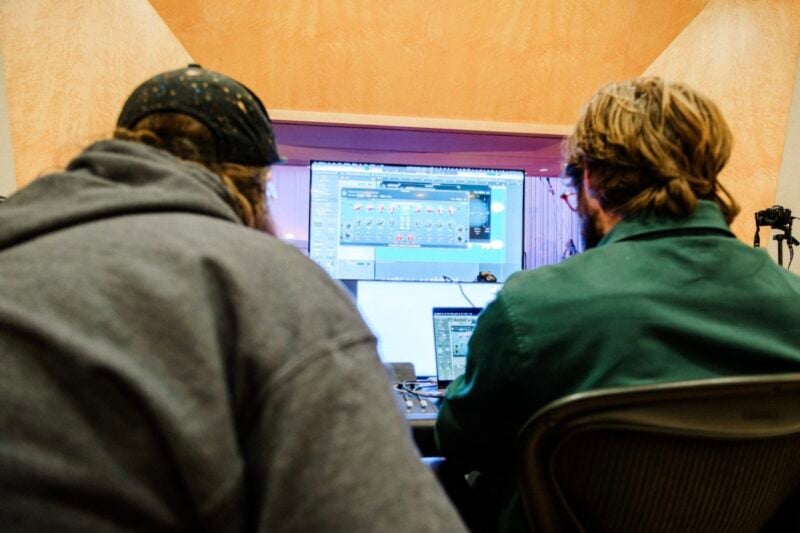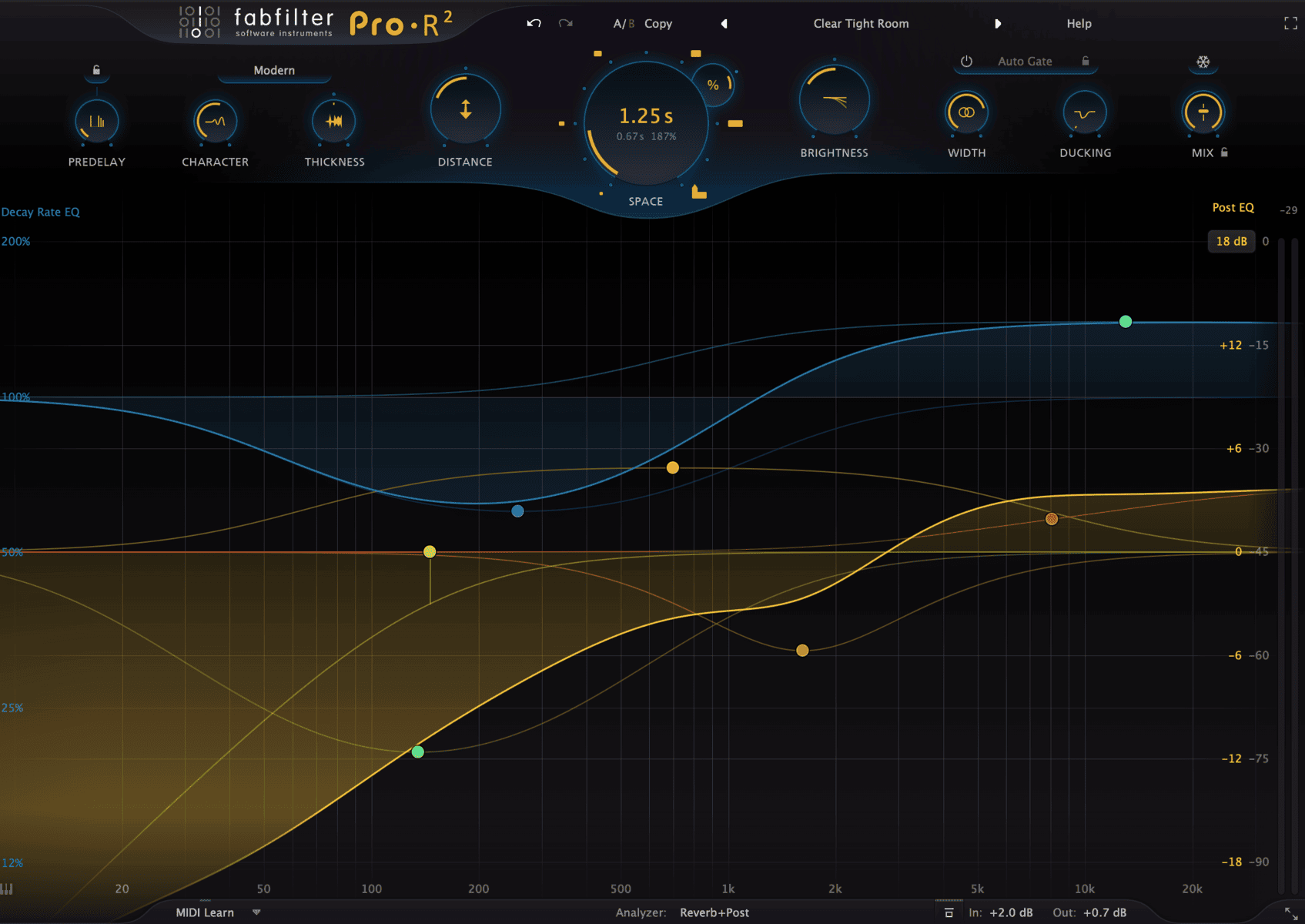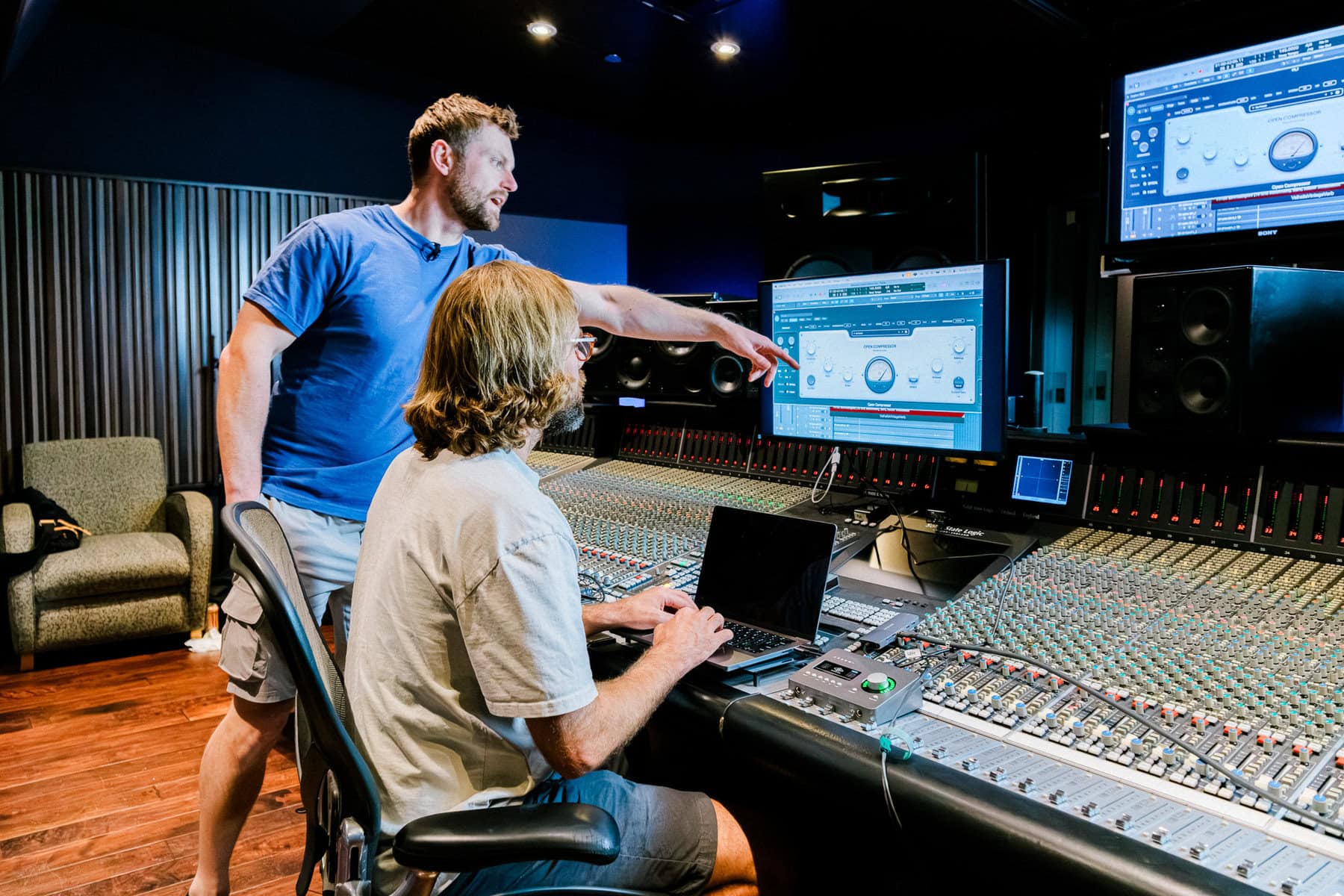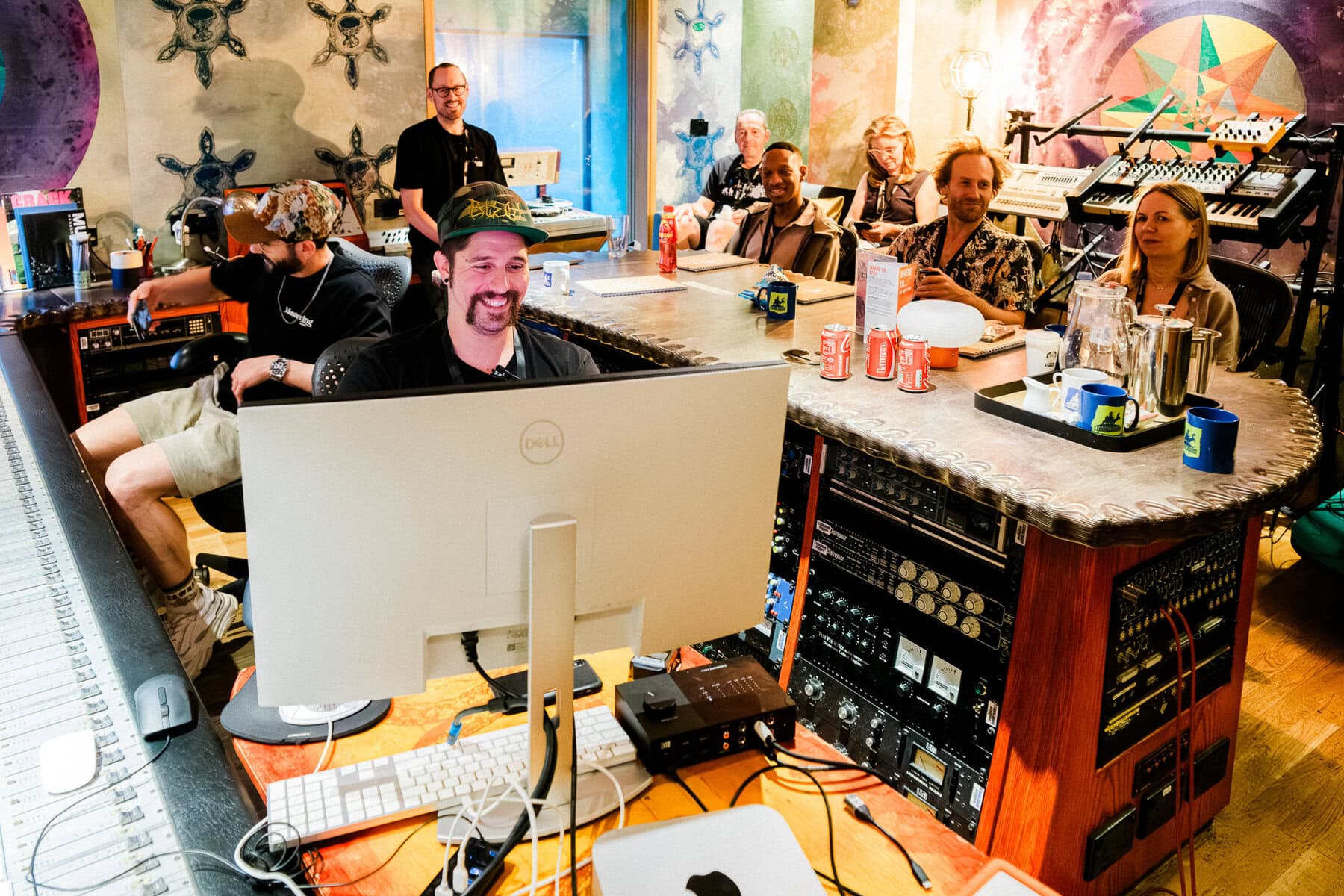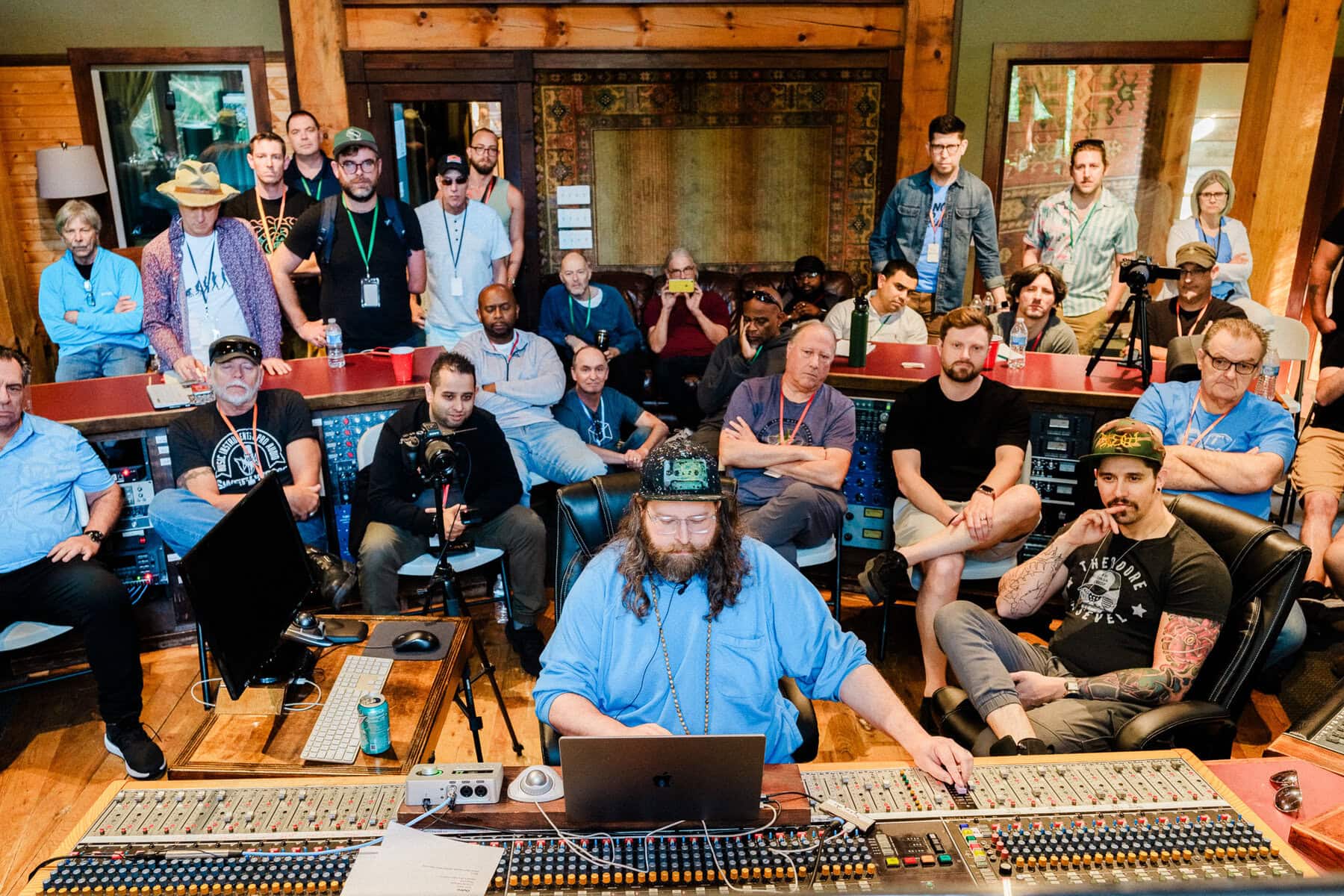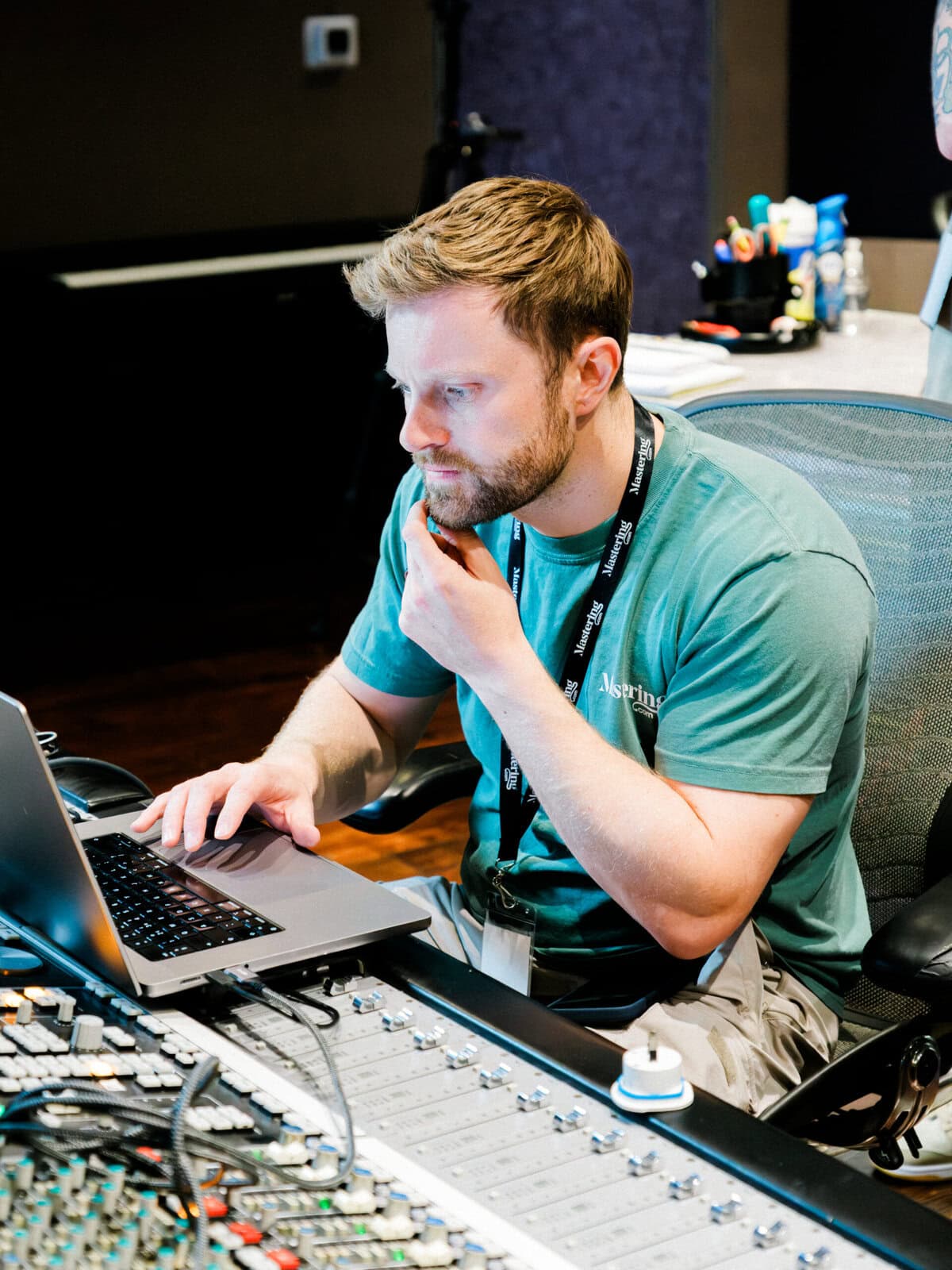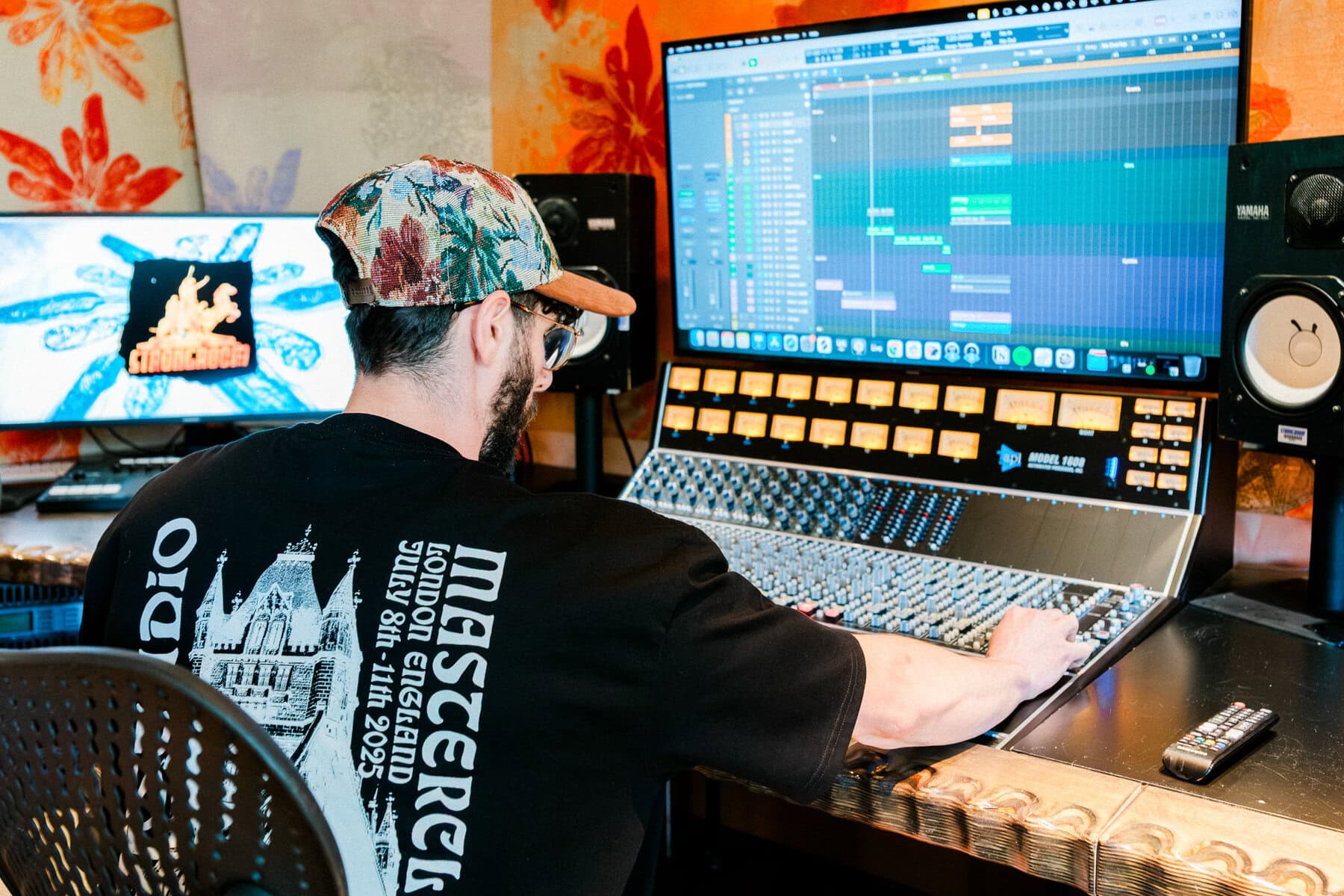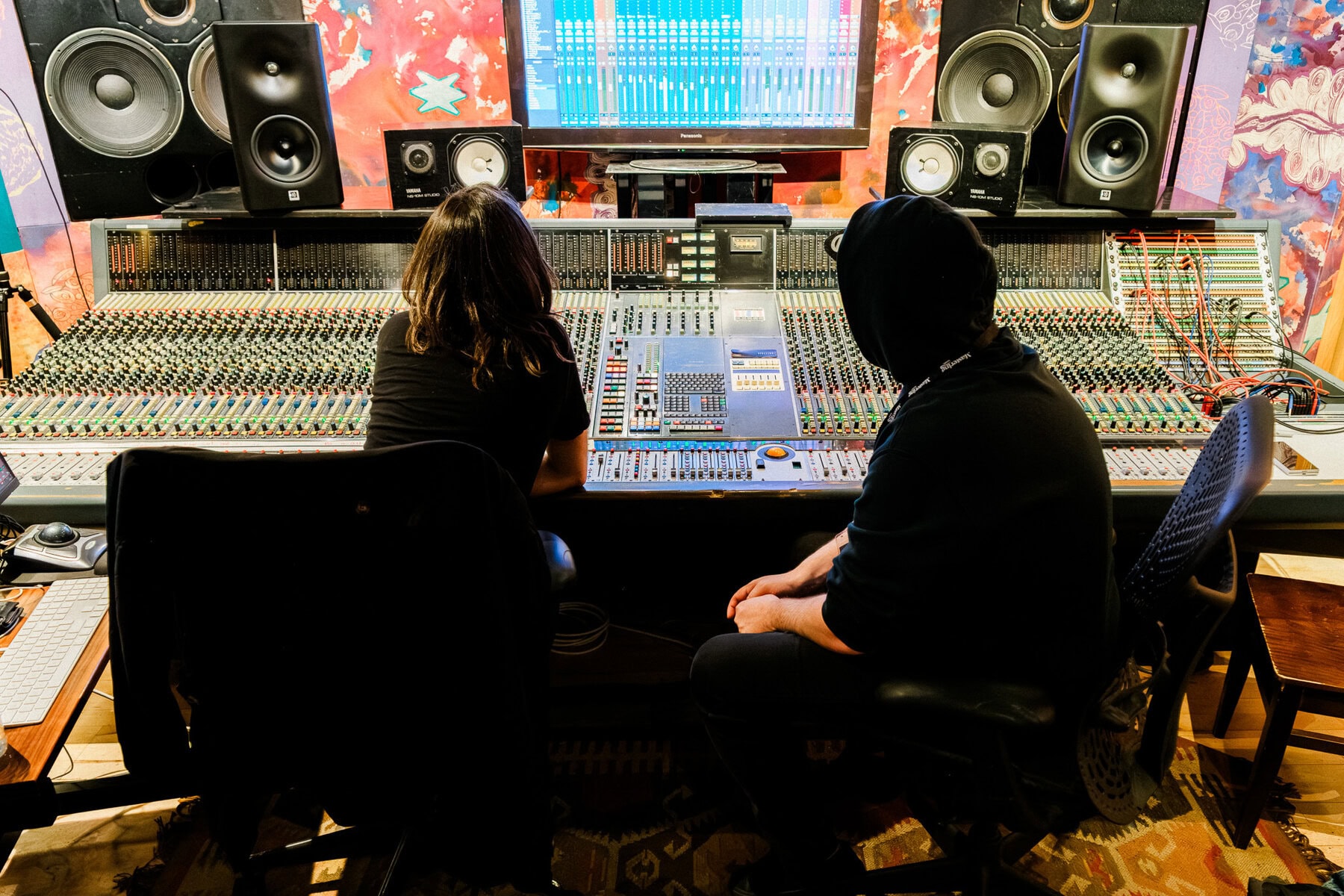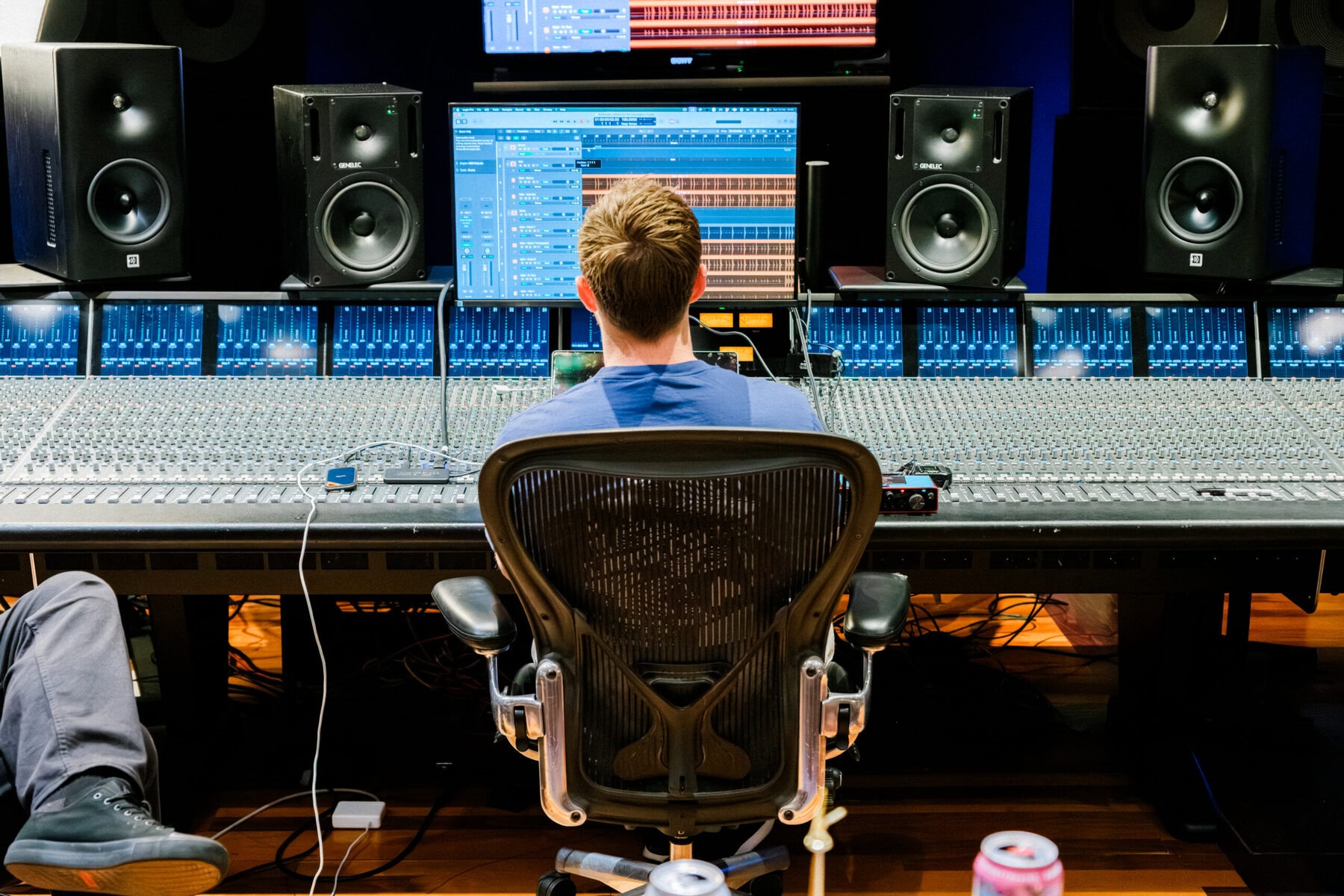One of the biggest breakthroughs in mixing comes when you stop thinking about how each instrument sounds in isolation and start thinking about how they fit together. This is where today’s topic, the concept of audio gestalt, comes into play.
Gestalt, in simple terms, is the idea that the whole is greater than the sum of its parts. In mixing, it means understanding how sounds interact and how adjustments to one track can improve the clarity and feel of the entire mix, even if that track sounds “worse” by itself.
A classic example is EQ carving. Suppose you have a vocal and a guitar both sitting in the 2–4 kHz range. Boosting both will cause them to compete, creating a crowded mix. But if you slightly cut that range in the guitar, you’re carving space for the vocal in the guitar track. The result: a clearer vocal and a guitar that still feels present even though it technically has “less” of that frequency.
Another common example: A bass guitar might sound fine when soloed, but if it clashes with the kick drum, it’s hurting the mix. Try reducing the clashing frequencies in the bass. This approach respects the relationship between elements, not just their individual tones. Making the overall low-end of the mix sound tighter.
Here are a few actionable tips to apply audio gestalt in your mix:
- Solo less: Make most EQ moves while listening in context.
- Use subtractive EQ: Cut rather than boost to make space for other instruments.
- Think in frequency roles: Let each track dominate a specific range.
Ultimately, mixing with audio gestalt in mind means always asking: How does this decision affect the whole? By making small, thoughtful moves that serve the entire arrangement, your mixes will sound more cohesive, open, and musical.
If you want to dive deeper into mixing principles like these, and get a better understanding of how pro mixing engineers work…
Check out our free 16-hour mixing course.
Until next time,
Rob

